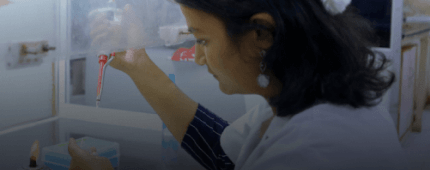Infrastructure
Anatomy and Physiology Lab
Undergraduates and doctorate pharmacy students use our Anatomy and Physiology Lab, which is furnished with high-resolution light microscopes, compound and stereo microscopes for cellular and tissue investigations, as well as blood pressure monitors, erythrocyte sedimentation rate monitors, blood counts, and spirometers.
Animal House
The animal house in the department comprises of 1357 sq. ft are with a procedure room, quarantine and animal maintainence room. In accordance with OECD norms, different species of rodents, rabbits, guinea pig are maintained for academic and research purposes. Postgraduate and Ph.D scholars are engaged in numerous preclinical studies periodically and approved by IAEC as per Norms.
Animal simulation lab
Our division equipped with strong servers and software for the animal simulator software Ex-Pharma series for bioassays, in vitro investigations, and in vivo experiment screening models. Students pursuing B.Pharm and Pharm D use the resources for their pharmacology practicals.
Neuropharmacology lab
The majority of our faculty members are interested in neuropharmacology, the Department is equipped with a neuropharmacology lab to study neurodegenerative disorders including Parkinson’s and Alzheimer’s. The stereotactic apparatus, digital elevated plus maze, Morris water maze, mirror chamber apparatus, rodent maze software, pole climbing apparatus, and light discrimination apparatus are utilised by the PG students and Ph.D. scholars for academic and research purposes and for the screening of behavioural parameters.
Museum
The Department Museum is an assortment of models for anatomy and physiology, pharmacology of various system-acting medications, and substitutes for animal models. Through this manner, Undergraduate and post graduate students is involved in experiential learning experiences from the visit to the museum.
Alternative to animal models
Of the development in pre clinical screening of drugs, the use of zebrafish models is particularly noteworthy as a novel approach utilised in research on neurotoxicity and metabolic diseases. Zebrafish provide a unique platform for the researchers gain valuable insights into potential drug actions and toxicity profiles. The department has a zebrafish lab to conduct pre-clinical screening of neuropharmacology and metabolic diseses.















